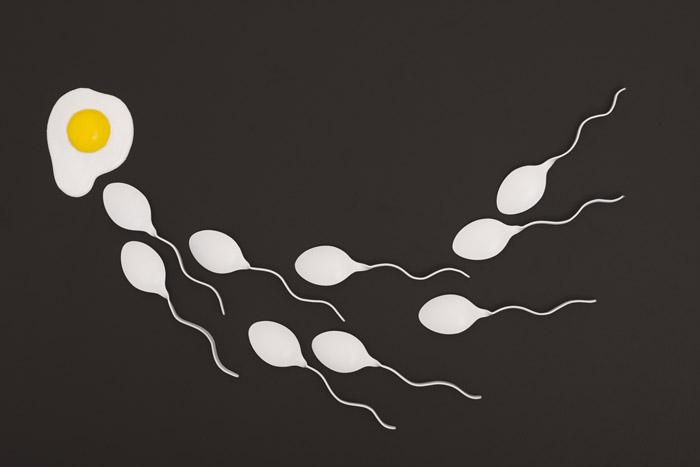“The inability to conceive a child can be stressful and frustrating, but several treatments are available…”

What is infertility: Not getting pregnant despite having carefully timed, unprotected sex for a period of about a year. Whether this is your first, second, or sixth baby there are some issues that can hinder getting pregnant. The cause of infertility may be difficult to determine but may include inadequate levels of certain hormones in both men and women, and trouble with ovulation in women.
If you have been trying to conceive for a few months now, I am sure you are beginning to wonder why you haven’t seen a positive result yet!
Remember…
Infertility affects both women and men equally. We must understand that in couples experiencing infertility:
- 35% of infertility cases are caused by male reproductive issues;
- 35% by female reproductive issues;
- 20% by a combination of male and female reproductive issues;
- And 10% by unknown factors.

In most cultures, the pressure to bear children is frequently placed on the woman, which is rather unfortunate. End stigma surrounding infertility by educating yourself.
If you have been trying to conceive, you may have already developed some anxiety and nervousness towards your “trying to conceive journey”. Here are a few reasons why you may not be pregnant yet:
- It may be as simple as missing your ovulation days or your most fertile window. It is very important to track your ovulation using luteinizing hormone strips: LH test strips or ovulation predictor kit. Other methods of ovulation tracking are understanding your cervical mucus or checking your basal body temperature. The app on your phone is nice but also keep in mind that each menstrual cycle is different; so, checking with LH strips is ideal.
- Male infertility could be the reason you are not getting pregnant. Male infertility is caused by low sperm production, illness, injuries, chronic health problems, and lifestyle choices. Male infertility is just as common as female infertility… but not frequently discussed. A semen analysis is recommended; talk to your doctor or practitioner.
- Untreated sexually transmitted diseases in both males and females can lead to infertility. Other health issues such as fibroids, endometriosis, uterine cysts and Polycystic Ovary Syndrome (PCOS) can affect fertility.
- Age related causes; for example egg quality and quantity decrease with age.
Fertility Treatment Options
The inability to conceive a child can be stressful and frustrating, but several treatments are available for male and female infertility. Lifestyle modifications are necessary while trying to conceive.
Here are some of the things you can do to boost your natural fertility:
- Maintain a healthy weight.
- Choose foods that support your ability to conceive.
- Stop smoking.
- Limit Alcohol consumption.
- Watch caffeine intake.
- Practice stress management techniques.
There are other alternative paths to pregnancy and parenthood. If you are struggling to get pregnant your doctor may suggest:
- Fertility drugs like clomid or letrozole.
- Intrauterine insemination (IUI): healthy sperm is collected and inserted directly into the woman’s uterus when she is ovulating.
- In-vitro fertilization (IVF) is when an egg is fertilized outside the body; the eggs are removed from the ovaries and then fertilized with sperm in a laboratory and returned to the womb to grow and develop.
- Donor egg or sperm: depending on what type of infertility issues you are having, you may be able to receive eggs or sperm from a donor to help you conceive. Treatment with donor eggs/sperm is usually done using IVF.
- Surrogacy is an option to parenthood. Surrogacy is a process in which a woman carries and delivers a child for a couple or individual via the use of In-vitro fertilization (IVF).
Discuss with your doctor for personalized care, since every woman or couple is unique. If you are trying to conceive, I wish you all the best and a Big Fat Positive (BFP).

Dr Winnie Ade-Taku ARNP is a Fertility advocate, who is using her own experiences with infertility to write compassionate, practical, and supportive articles.
Founder: www.mylembox.com
Send questions to: [email protected]
Instagram: @mylembox
